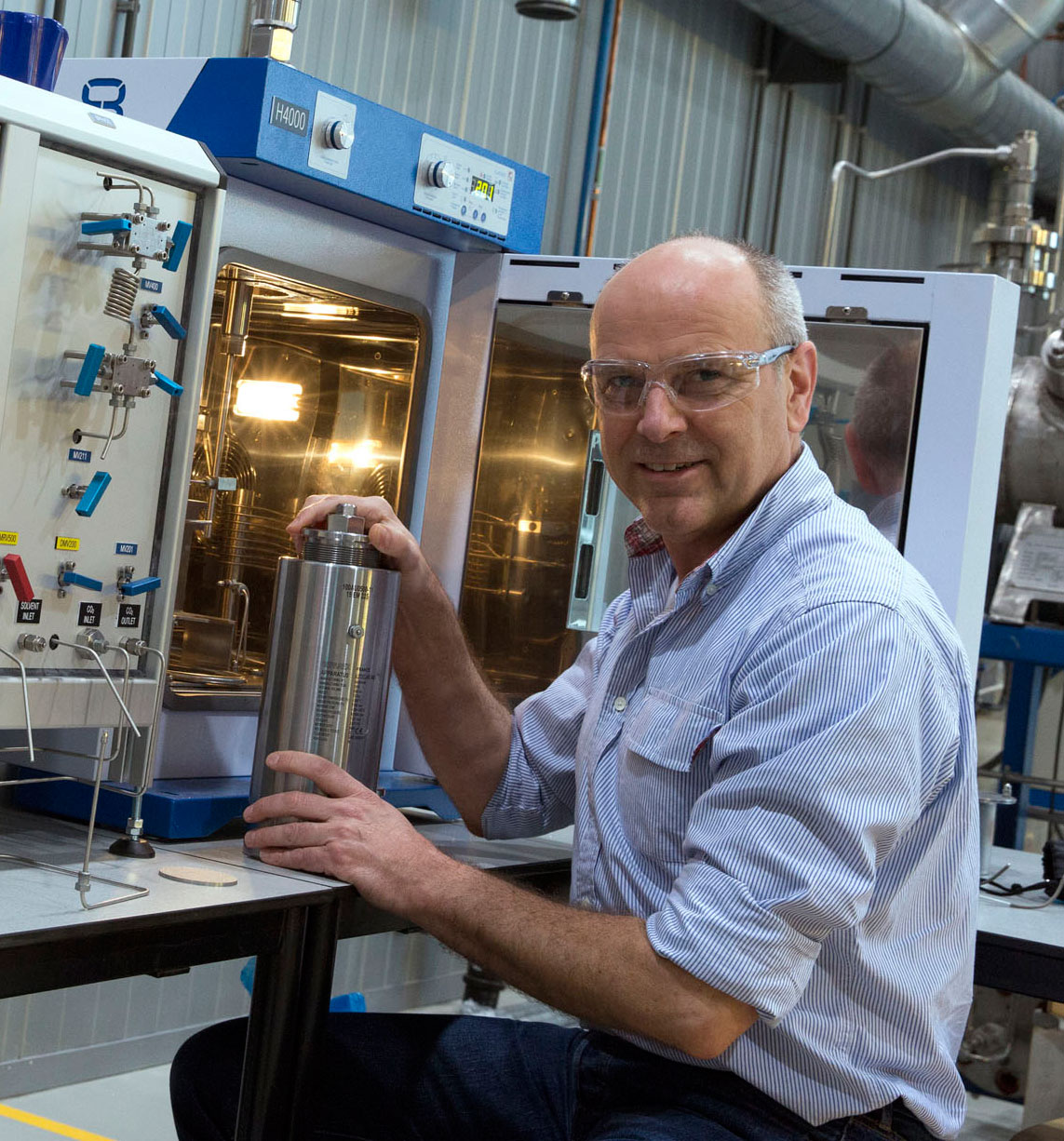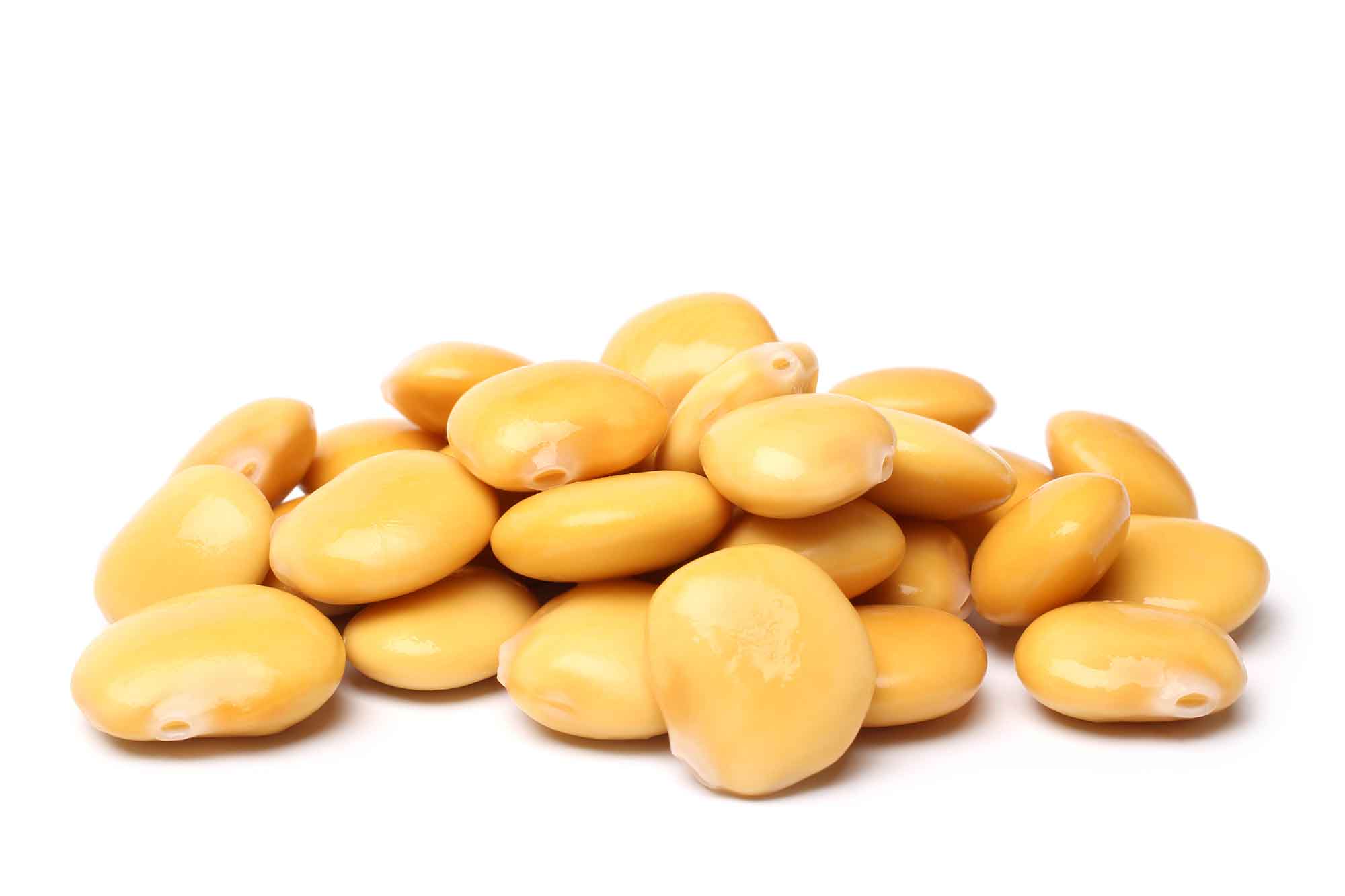LIBBIO is a European research project into the cultivation and applications of Andean Lupine (Lupinus mutabilis, tarwi) with a view to strengthening the bioeconomy. Eight countries from across Europe participated, from Greece to Iceland.
In South America, the crop has been cultivated for more than 4,000 years, Bert-Jan van Dinter (Vandinter Semo) told the meeting. LIBBIO developed a new variant that has been optimised for cultivation in Europe: the Cotopaxi. Within five years this variety was added to the European list of crops and Vandinter Semo, as a partner in LIBBIO, obtained the cultivation rights for it.
One of the reasons for the success of Andean lupines is that the crop needs few nutrients and therefore grows well in marginal (acid and lime-poor) areas. It even has soil-improving, nitrogen-fixing and insect-repelling properties. As a result, lupin cultivation is already profitable in, for example, Portugal, Spain, East Germany, Poland, Romania and Bulgaria.
Sustainable extraction
At the same time, the development of sustainable extraction methods is important in order to make the most of lupin. This is the specialism of Rob van Haren, Professor in Transition Bioeconomy at the Hanzehogeschool: “We have developed a cost-effective extraction method: the use of supercritical CO2. In this process, CO2 is heated and pressurised, so that it simultaneously acquires the properties of a gas and a liquid. This enables the extraction of oils, carbons and proteins without the use of harmful solvents.”
The process is very efficient. Van Haren: “With standard extraction, we get oil and animal feed from the lupin beans, with a yield of no more than 80 cents per kilo. With the LIBBIO process, we are able to extract many more substances at a value of 5 to 6 euros per kilo, while the cost price is 2 euros. That’s a big margin.”
And what does that ultimately yield in terms of applications? “We have developed various products, including vegan yoghurt, ice cream, chocolate, spreads and mayonnaise. But also colourings and preservatives, such as gammatocopherol. On the non-food side, we have developed trendy bio-based products for hair and skin care, for example. The properties of lupin oil are even comparable to those of argan oil: it makes hair stronger and shinier. We have also used it to make wood glue. And the alkaloids from the plant can be used as biodegradable insecticides. Because lupin grows until winter, it is also ideal for biogas production. The yield (90 tonnes/ha) is comparable to that of maize. In short: LIBBIO has introduced a new crop in Europe with great opportunities!”
LIBBIO-2
The LIBBIO project was realised thanks to funding from the Bio-based Industries Joint Undertaking (BBI -JU). A proposal for financing a follow-up project will be submitted to the successor Circular Bio-Based Europe Joint Undertaking (CBE-JU). In LIBBIO-2, for example, work can continue on developing a sweet Lupin variant that is more suitable for human or animal consumption. The current bitter variety requires a pre-treatment for this. Further research is also needed into increasing the seed yield and possibly adjusting the harvesting season.
This article was produced in collaboration with Hanze University of Applied Sciences.
Image above: Lukas Gojda/Shutterstock






